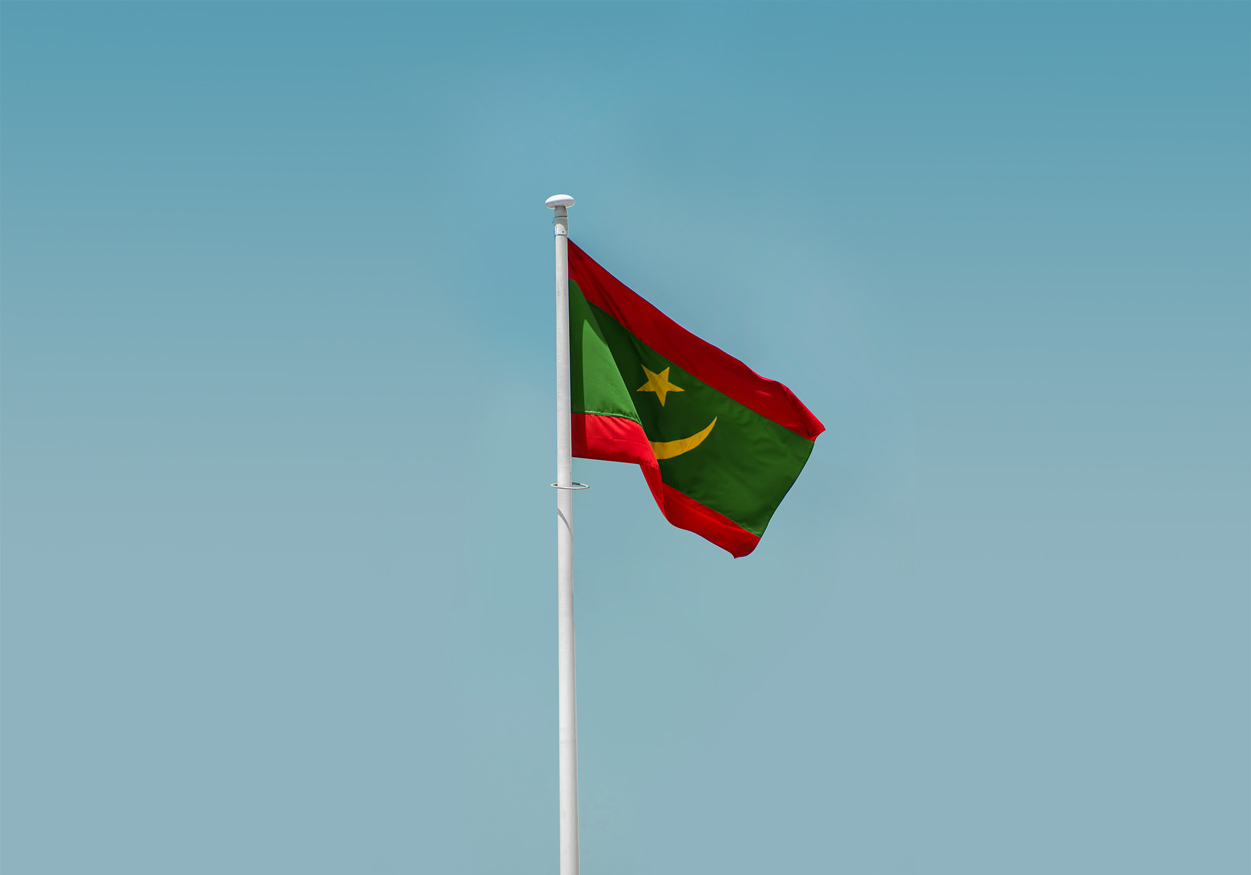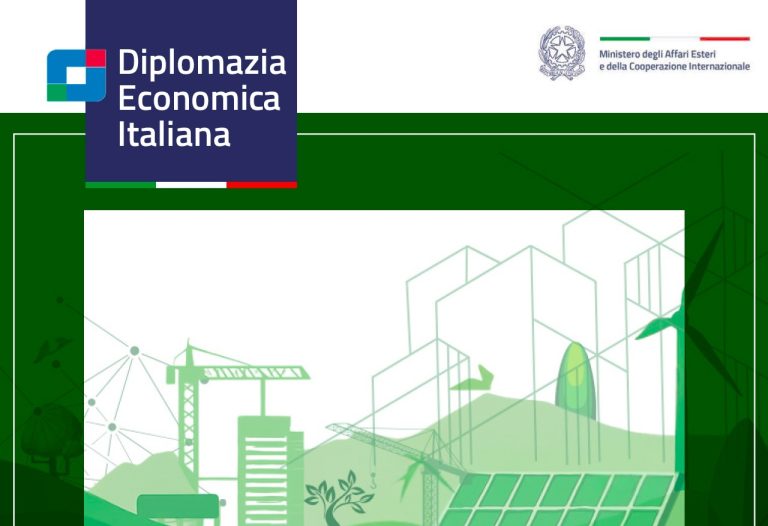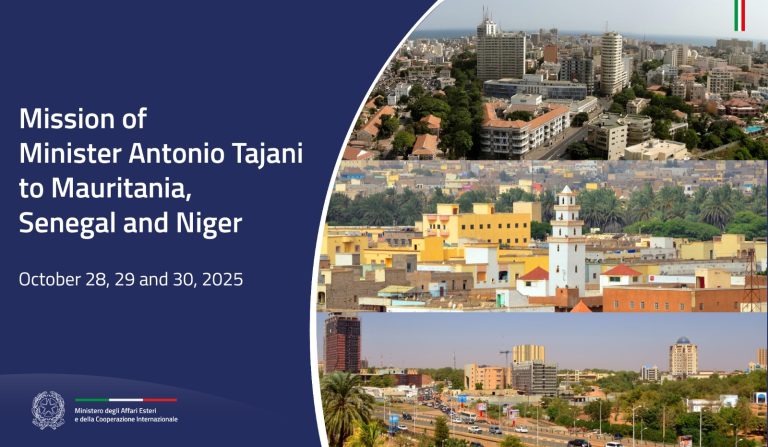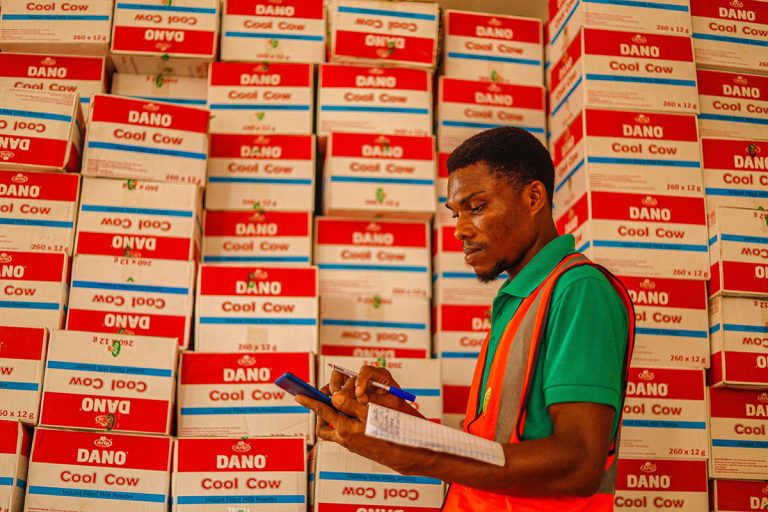Before even considering the fishing industry, it is the mining sector that continues to lead Mauritania’s economy, with production on the rise. Energy, however, is the country’s emerging sector, both through transitional sources such as methane and through renewables, which hold vast but still largely untapped potential. The expansion of extractive activities, along with promising developments in gas and renewable energy, is also driving growth in the construction sector, with new building projects underway in both infrastructure and housing.
National development plans include the expansion of two ocean ports – Nouakchott and Nouadhibou – as well as, in the south, the fluvial port of Rosso, near the mouth of the Senegal River. To link these, there are plans to strengthen road corridors along the coast, offering significant opportunities for companies specialising in infrastructure and logistics. Coastal development also calls for improved monitoring of territorial waters, creating needs for new vessels, shipbuilding, radar systems, and communications technologies. In the capital, Nouakchott, upgrades are planned for road infrastructure, water supply and electricity networks, with tenders already underway for water supply infrastructure. The construction sector appears particularly dynamic, both in the public domain – with tenders for infrastructure supported by international funds – and in the private sphere, where there is growing demand for premium building materials and furnishings.
In this period of economic momentum, investment is being concentrated in the western part of the country, along a north-south corridor in which the ports – particularly Nouakchott – are key nodes for boosting Mauritania’s exports to Europe. In the future, Mauritanian ports could also serve as a strategic bridge between Europe and the Sahel region.
Incoming capital flows are significant: nearly one billion euros over the next four years will come into the country through EU and UN Group aid, with a further half a billion euros annually from 2025 onwards in royalties from gas exploitation in the Mauritania-Senegal offshore platform (GTA). Additional capital inflows are expected from Gulf Arab countries, as well as from funds diverted from politically unstable Sahel states.
Other economic sectors, such as agriculture and livestock, have yet to take off. In the secondary sector, small and medium-sized enterprises suffer from serious technological delays and a lack of know-how in processing, limiting their ability to preserve and market agricultural, fishing, and dairy products. This presents opportunities for companies active in agricultural mechanisation, food preservation technologies, and agro-industrial processing solutions. Strengthening the agri-food supply chain could also boost exports of food processing machinery and refrigeration systems, addressing current infrastructure gaps.
The fishing sector holds promise but finds itself at a crossroads: large-scale industrial fishing, carried out by foreign companies, risks depleting marine resources over time, while traditional fishing – done with wooden boats – generates limited income. Moreover, Nouakchott lacks industrial-scale refrigeration and fish processing systems, meaning catches often spoil within hours unless sold immediately. To grow the sector, the country is seeking technical equipment and staff training for coastal patrols, with the aim of mitigating the effects of industrial fishing and modernising traditional fishing to create employment, income, and food security.







